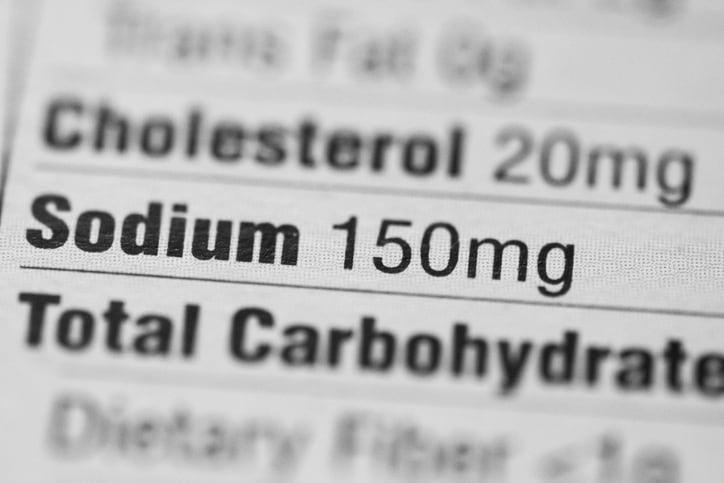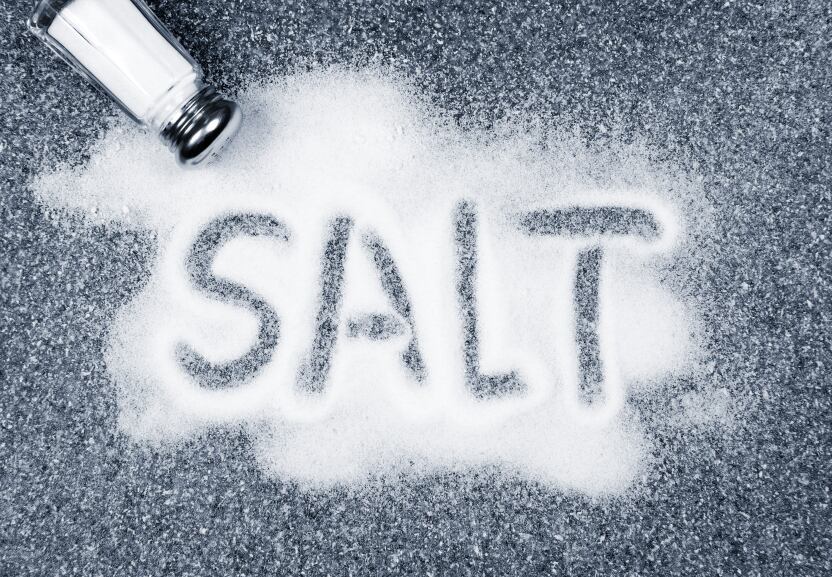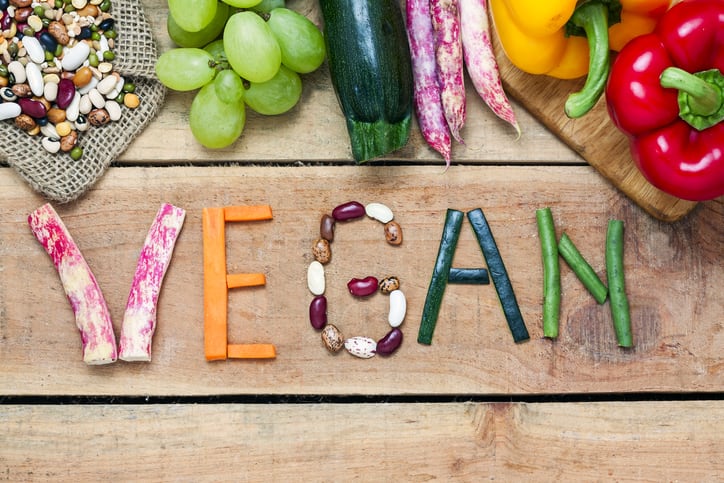The requirement, which came into force on 1 July 2019, demands an increase from 13 milligrams (mg) of iodine per kilogram (kg) salt to 20mg based on calculations from DTU Food Institute.
“By tightening the requirements, we and the companies can easily make a difference to public health,” said Henrik Dammand Nielsen, office manager at the National Food Agency.
“People should finally not eat more salt. But especially some women will benefit from getting a little more iodine than they currently get through their regular meals. "
Vulnerable population
Pregnant women and their foetuses are particularly vulnerable to the wide spectrum of disorders caused by iodine deficiency.
Consequences of iodine deficiency during pregnancy include increased risk of spontaneous abortion, stillbirth, retarded foetal development, low birth weight, perinatal death, and stunted infant growth.
A study looking into iodine deficiency in Danish pregnant women back in 2013, found that whilst the majority of pregnant women took iodine-containing supplements, a subgroup of non-users were still iodine-deficient after the introduction of iodine fortification of salt.
The Aalborg University Hospital team, said iodine supplement intake during pregnancy in Denmark should be officially recommended after the study’s results indicated a need for a modest increase in the level of iodine added to salt in Denmark.
Danish Food Agency action
The Danish Food Agency’s action echoes that of select EU countries that have the iodisation of salt at the forefront of efforts to tackle iodine deficiency amongst certain populations.
In France for example, salt iodisation is currently voluntary and not mandatory and only table salt can be iodised.
The country’s public health measures include using table salt in France as a means of iodine fortification(1860 micrograms (μg) per 100 gram (g) compared with 1.8 μg/100 g for non-iodised salt).
Meanwhile countries like Germany also adopt a voluntary approach to salt iodisation aiming to achieve an iodine content of around 15-25 mg/kg of salt.
Order details
The Order, made by the Danish Ministry of the Environment and Food, applies to bread and general bakery that includes crispbread, flatbread, crusts, pizza bottoms, grater, tortillas, TV trays, ready-made flour mixes and the like.
“Household salt and salt, which is part of bread and ordinary bakery products intended for sale in Denmark, must be added 20 mg of iodine per day/kg/salt.
“Household salt containing iodine….must be labelled, "Salt has been added to iodine as required by the Danish Veterinary and Food Administration".”



